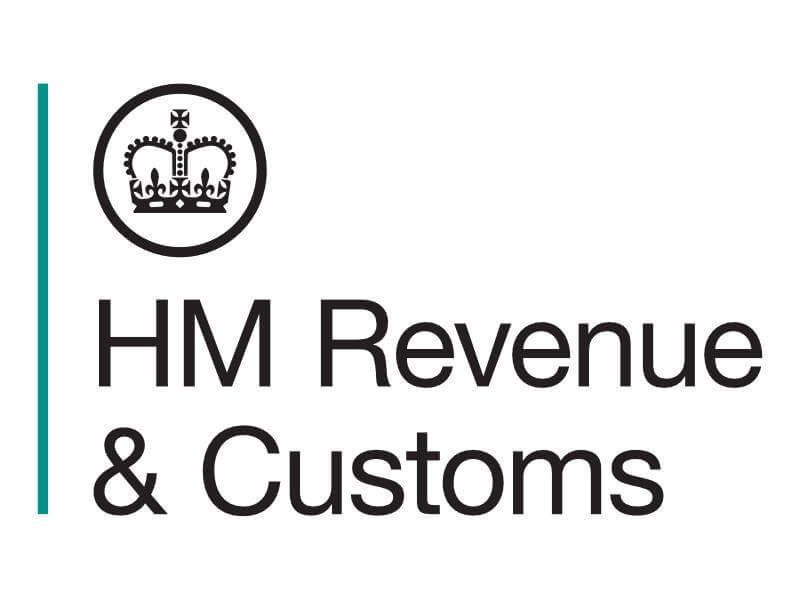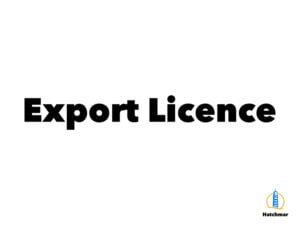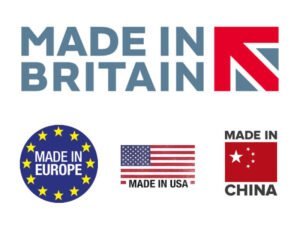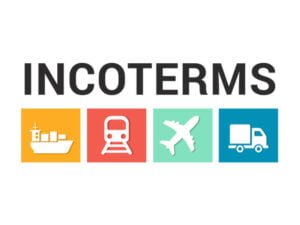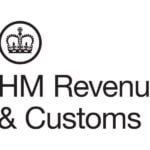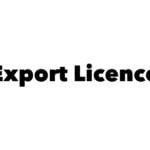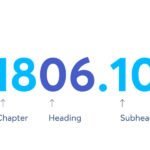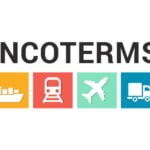The role performed by HR Revenue and Customs is extremely varied, ranging from checking of documents for accuracy to physical examination of cargo and preventative controls to check on the movement of drugs and prohibited items.
It could be argued that their primary role is mainly focussed on controlling movements – both freight and people, collecting revenue from traders and protecting society on behalf of other government departments.
More specific aspects might include:
- Examination of documents and data to ensure that goods declared for import or export are properly covered by the customs declaration, and of course that the correct tax payments are offered.
- Examination of cargo to ensure that the goods themselves actually match the goods invoiced.
- Preventative controls to check on the movement of people with their appropriate allowances on arrival or departure.
- Securing of vehicles and container to ensure that they cannot be tampered with while en-route from one customs control point to another.
- Security of bonded stores on board ships and aircraft while in UK control space to satisfy themselves that duty does not become applicable.
- Sampling materials where a doubt exists as to the proper commodity code to ensure that the exact amount of duty or tax is declared.
- Checking the records of traders and forwarders to ensure these match goods declared. Increasingly, this area is taking a wider aspect with the advent of different regimes.
- VAT control and collection is a separate aspect of Customs work, while as forwarders or importers/exporters we are used to Customs and VAT being handled together. These are in fact two quite different requirements as one relates to international trade, while the other deals with domestic transactions.
- Control of goods work with other Government departments, depending on the goods and reason for export or import.
There are many other areas in which Customs are involved. The above is simply designed as a reminder of their main areas of concern.
